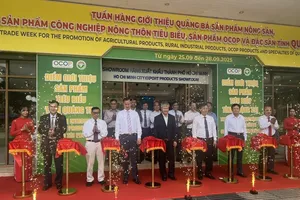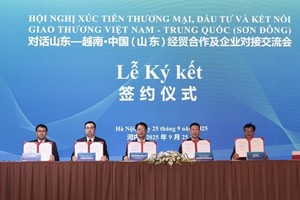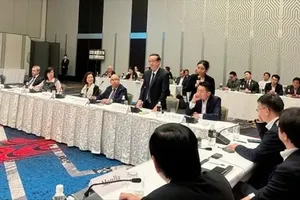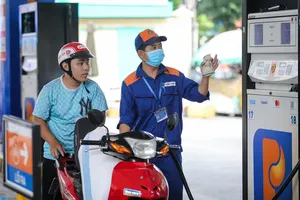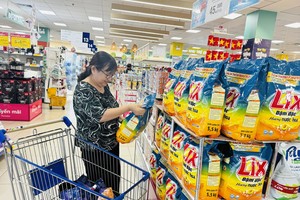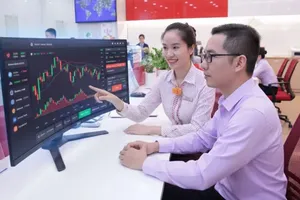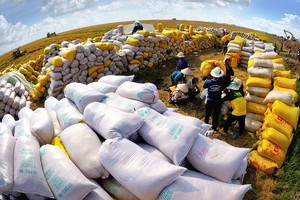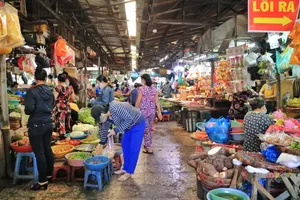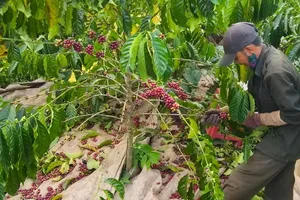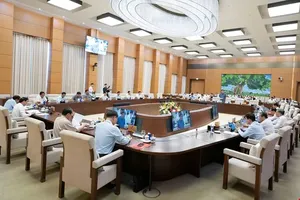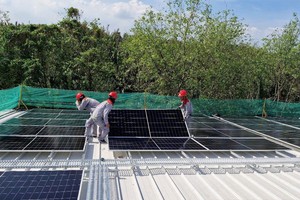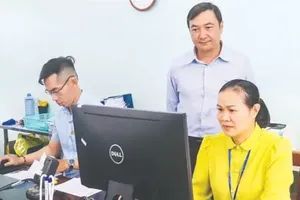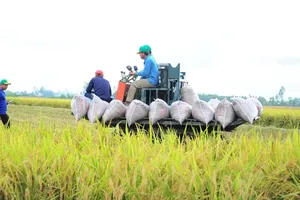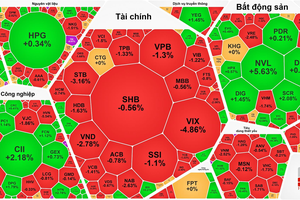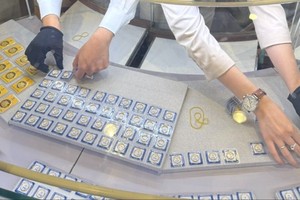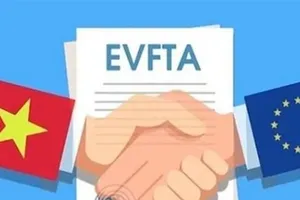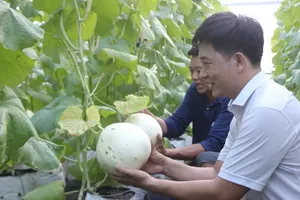The information was heard at a workshop today hosted by Investment and Trade Promotion Center (ITPC), in collaboration with Eurofins Sac Ky Hai Dang Company.
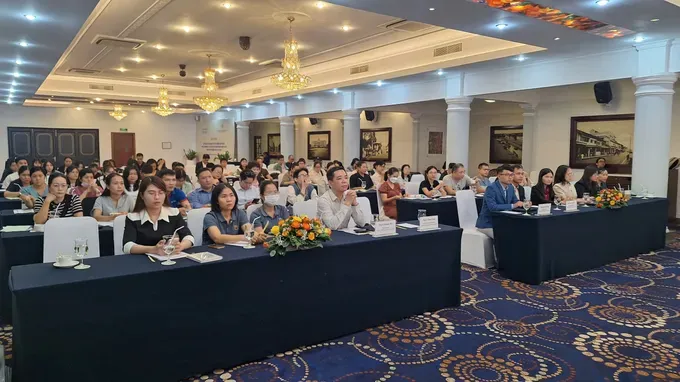
The event titled ‘Updated regulations on PFAS and Mineral Oil control standards for products exported to the US and EU markets’ highlighted the risk that Vietnamese exporters could lose access to key markets if they fail to comply with tightening safety regulations.
Experts noted that the US and European Union (EU) remain Vietnam’s two largest import destinations, with exports in the first eight months of 2025 reaching more than US$34 billion to the EU and over US$70 billion to the US. While highly lucrative, both markets are known for strict product safety requirements.
Regulators in the US and EU are ramping up controls on substances deemed hazardous to health and the environment, particularly PFAS which is often called "forever chemicals" and mineral oil. Vietnam’s leading export categories, including textiles, packaging, processed foods, and spices, are all considered high-risk.
PFAS have been detected in the blood of 98 percent of the US population, and in Europe, many drinking water samples exceed safe thresholds, said Technical Director of Eurofins CPT Vietnam Nguyen Quoc Dung. He continued that compliance with these new standards is mandatory if Vietnamese goods are to retain market share; therefore, failure to adapt could result not only in import bans or product recalls but also in long-term damage to brand reputation.
Head Tran Phuong Huy of Eurofins Sac Ky Hai Dang Laboratory, stressed that mineral oil poses another invisible challenge in the food supply chain. Studies show MOSH (Mineral Oil Saturated Hydrocarbons) can accumulate in the body, while MOAH (Mineral Oil Aromatic Hydrocarbons) may be carcinogenic. The EU’s Rapid Alert System for Food and Feed (RASFF) has repeatedly issued warnings over MOAH contamination in processed foods, spices, and oils.
Head Tran Phuong Huy added that the EU’s latest regulations, expected to take effect in early 2027, will establish specific limits for each food category, moving beyond the current fat-content criteria. France has already banned mineral oil in packaging since 2022 and introduced tighter restrictions in 2025. Vietnamese businesses must prepare now to avoid being caught off guard, he said.
Proposed solutions include stricter control of raw materials, packaging, and production processes, along with collaboration with independent testing agencies. Transparent testing results, experts said, not only help businesses meet legal standards but also strengthen credibility with international buyers.
According to experts, technical barriers should not be seen solely as a burden, but as a passport for Vietnamese goods to expand globally; moreover, in a highly competitive market where consumers prioritize safety and sustainability, businesses that lead in quality control will gain a lasting advantage.
Technical Director Nguyen Quoc Dung underscored the stakes that a single noncompliant shipment can cost a company its market. But proving that products are clean can expand market share and build long-term trust.
